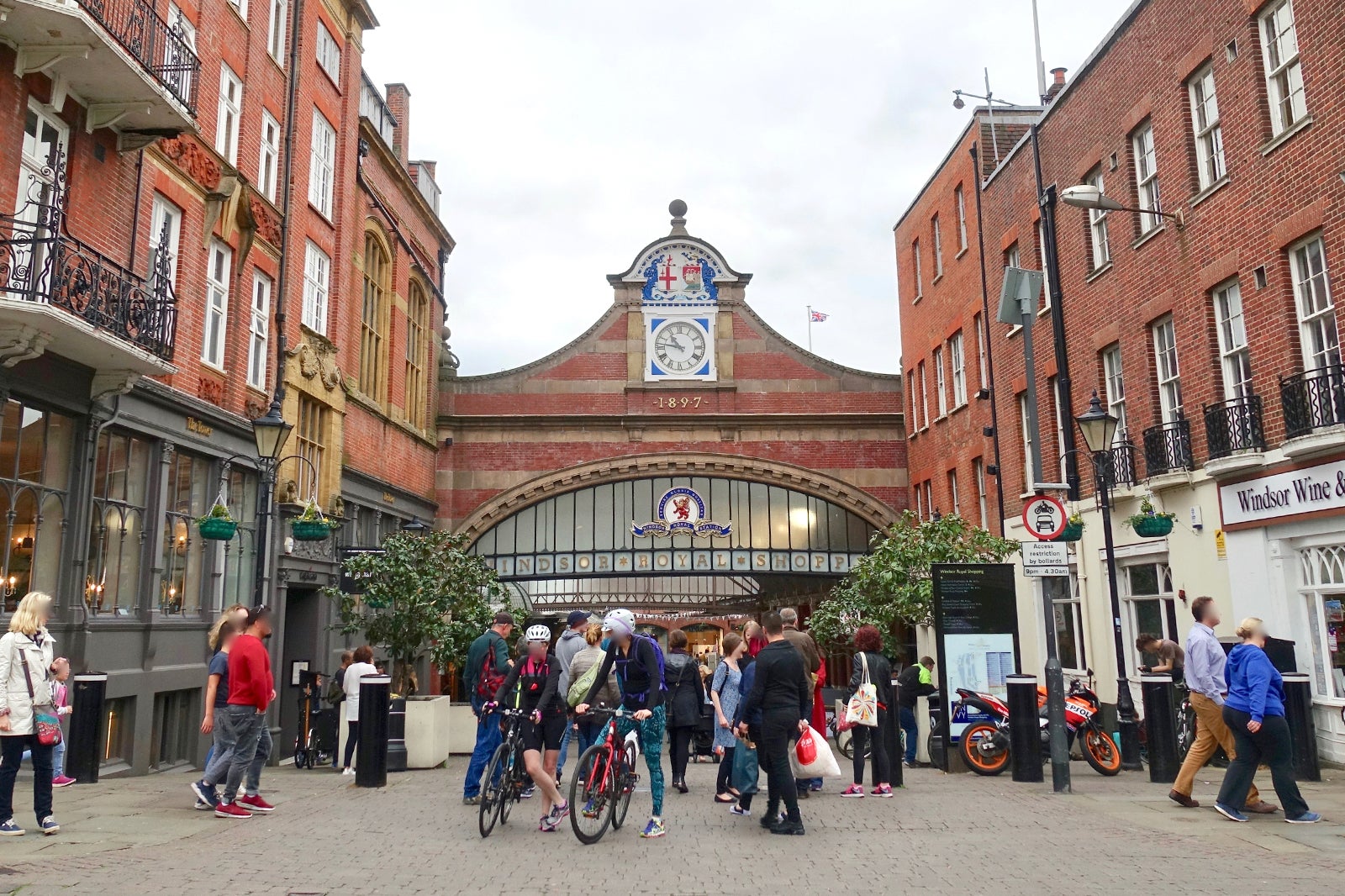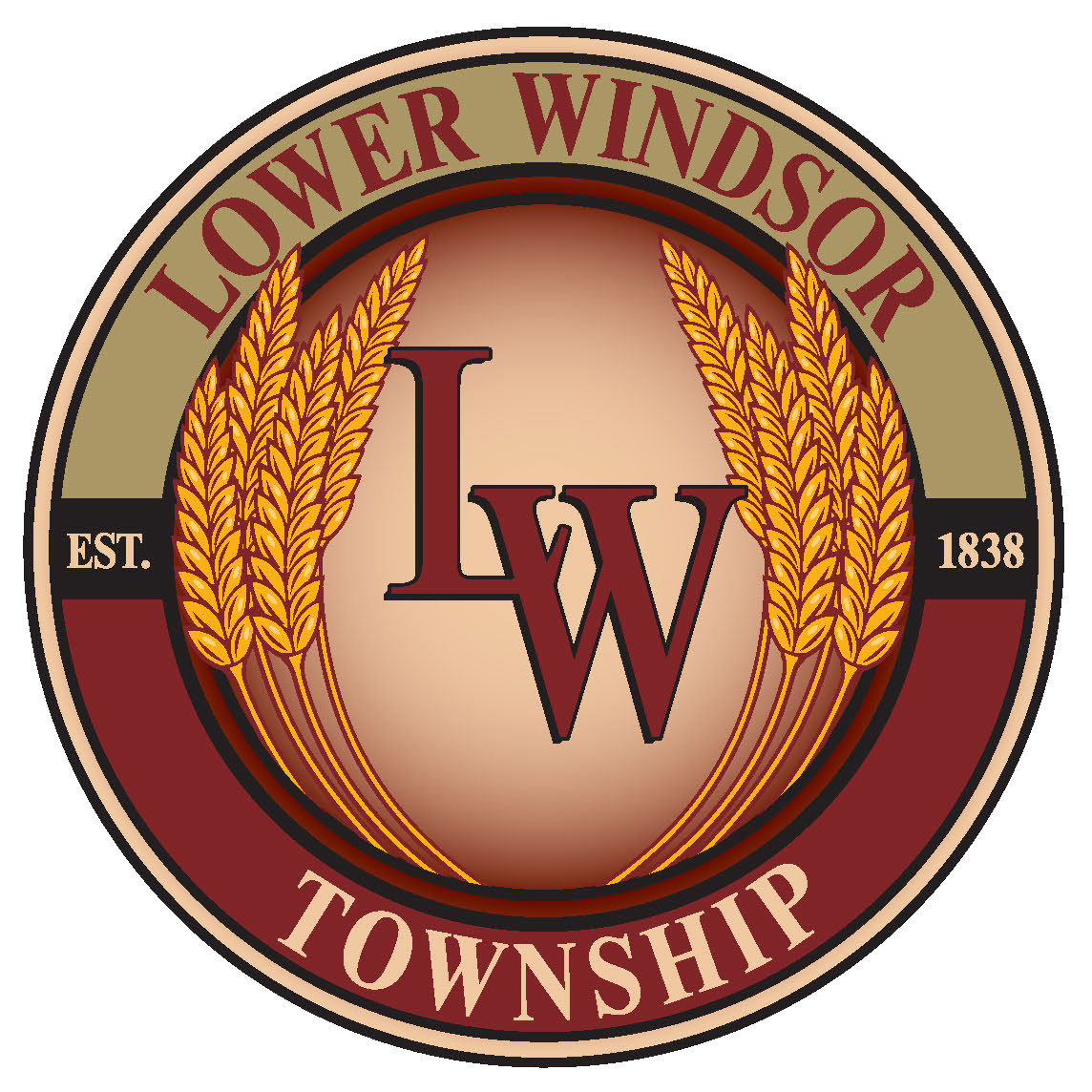Exploring The Windsor Name: A Look At Family Roots And Early American Stories
Have you ever stopped to ponder the story behind your family name, or perhaps, how a name like "Windsor" came to be so deeply woven into the fabric of American history? It's a rather fascinating thought, isn't it? For many, tracing ancestral lines is more than just a hobby; it's a profound connection to the past, a way of understanding where we come from and the journeys our forebears undertook. This particular name, Windsor, carries with it a rich tapestry of tales, some of which reveal surprising twists and turns, especially when you look at how it's been recorded over the centuries.
You see, the way a family name is spelled can actually tell us quite a bit about its origins and the different paths family branches took. It's almost like a little historical clue, tucked right there in the letters. For instance, the name "Windsor" itself has a twin, "Winsor," and understanding why these variations exist really opens up a window into early American settlement and the very human process of record-keeping. It shows us how language and identity shifted as people moved and settled new lands, which is pretty neat.
This exploration isn't just about dusty old records; it’s about the people who lived, loved, and built lives, leaving behind fragments of their stories for us to piece together. We’ll look at some intriguing mentions of the "Windsor" name, drawing from various records and personal accounts, to shed a little light on its enduring presence and the individuals who carried it. It’s a journey that, you know, really highlights the persistent human desire to connect with our heritage.
- How To Delete Tiktok Videos
- Let Me Know Dog
- Real Trap Shit
- Leslie Abrams Attorney Menendez
- They Know Me As The Rizzler Lyrics
Table of Contents
- The Evolving Name: Windsor and Winsor
- Geographical Markers of the Windsor Line
- The Human Element in Genealogical Discovery
- Digital Paths and Historical Queries
The Evolving Name: Windsor and Winsor
It’s rather interesting how a single family name can take on different forms over time, isn't it? The name "Windsor" is a prime example of this linguistic ebb and flow. We see it spelled as "Windsor" by many southern families, a practice that has, you know, carried down to modern times. This consistency in spelling over generations is quite remarkable, showing a clear lineage in how the name was perceived and recorded in that region. It truly speaks to the specific traditions of those family lines, a sort of quiet, enduring custom.
Southern and New England Branches
Yet, there’s another side to this story, which is that the name "Winsor" has continued to be spelled with an "s" rather than a "d" by families up in New England. This distinction is, in a way, a fascinating geographical marker, suggesting separate branches of the same ancestral tree, or perhaps, different origins altogether. It makes you wonder about the early settlers, doesn't it? Did they arrive with different spellings from England, or did the spelling simply evolve differently in the distinct colonial environments? It’s a pretty compelling question for anyone looking into family roots, honestly.
This difference in spelling, "Windsor" versus "Winsor," is not just a minor detail; it's a significant clue for genealogists. It helps in separating family lines that might otherwise seem intertwined. For instance, if you’re looking for a "Windsor" ancestor, knowing whether they were from the South or New England can immediately narrow your search. It’s almost like having a built-in compass for historical records, which is quite helpful, really. This particular linguistic split offers a tangible way to trace distinct family paths through the vastness of American history, providing a clearer picture of individual family journeys.
- Cody Johnson Carrie Underwood
- How To Get Sharpie Off Clothes
- Dark Colors Dti
- Neuro Gum
- Kim Kardashian Robot
Olney Winsor's Genealogical Account
When we talk about tracing these names, we can’t overlook the dedicated work of early genealogists. Olney Winsor, for example, penned a book titled "A Genealogical Account of the Ancient Winsor Family in the United States," published in Providence in 1847. This book, you know, represents a monumental effort to document the "Winsor" lineage. It’s a testament to the early passion for family history, a drive to preserve stories that might otherwise be lost. His work, in fact, claims that a figure named Joshua was the son of Samuel, providing a specific link in that particular family chain.
Such early genealogical texts are, in some respects, invaluable. They offer a snapshot of what was known and believed about family connections at a specific point in time. They might not always be complete, or they might even have small errors, but they provide a foundational framework for further research. For anyone trying to trace a "Winsor" line, Olney Winsor’s book is, pretty much, a key resource. It offers a starting point, a thread to follow back through the generations, helping to connect dots that might otherwise remain scattered.
Geographical Markers of the Windsor Line
Beyond the spelling variations, the geographical locations associated with the "Windsor" name provide another layer of understanding about family movements and settlements. These places are not just dots on a map; they represent the homes, communities, and lives built by these families. It’s a bit like seeing the physical footprint of generations, you know, spread across the land. Each location tells a part of the broader story of American expansion and the establishment of new communities.
Kentucky and Missouri Connections
Consider, for instance, the mention of John Hickerson Windsor from Kentucky in the 1800s. The fact that a picture exists of him and three brothers, taken in the 1800s, offers a really personal glimpse into that era. It’s a tangible piece of history, connecting a specific individual to a specific place and time. This kind of detail, actually, makes the past feel much more immediate, doesn't it? It grounds the name "Windsor" in the rich soil of Kentucky, suggesting a presence there that was, you know, quite established.
Then there’s the query about the Boudreau family from Lewis County, Missouri, and the "Windsors" from Palmyra, Missouri. This connection suggests a migration westward, or perhaps, parallel settlements in the expanding American frontier. It’s a specific plea for information, which is something you often see in genealogical forums. It highlights how families, like the Boudreaus and Windsors, were intertwined in these developing regions, building lives together. These kinds of inquiries are, in fact, the very essence of collaborative family history research, seeking to connect threads across different families and places.
Early Settlements and Colonial Figures
The name "Windsor" also appears in the context of much earlier American settlements, pointing to its deep roots in the colonial period. We hear about "Elder" John Strong, born in Taunton, England, in 1605. He lived in London and Plymouth, England, and, having strong Puritan sympathies, he sailed from Plymouth for the New World. This detail, in a way, paints a picture of the motivations and beliefs that drove many early settlers to leave their homes and cross the vast ocean. It’s a story of faith and the search for new beginnings.
Later, in 1639, Elder John Strong moved to Poquonock, Hartford County, which was, you know, four miles west of Windsor. This geographical proximity to a place named "Windsor" is quite intriguing. While it doesn't directly state he was a "Windsor" himself, it places him firmly within the early colonial landscape where the name was present. It highlights the formation of early towns and the movement of people within these nascent communities. This connection to such a foundational figure and location really underscores the enduring presence of the "Windsor" name in the earliest chapters of American history, showing how it was intertwined with the very establishment of the colonies.
The Human Element in Genealogical Discovery
At its core, tracing family names like "Windsor" is a deeply human endeavor. It’s about more than just dates and places; it’s about the lives lived, the challenges faced, and the legacies left behind. The snippets we've looked at—a picture of brothers, a plea for information on a family line, a reference to an early genealogical book—all point to this inherent human desire to understand our past. It's a rather universal longing, isn't it? To know where you fit in the grand scheme of things, and who came before you.
The act of uncovering these details can be incredibly rewarding. It’s a bit like solving a puzzle, piece by piece, as you connect individuals across generations and geographical divides. When someone shares a picture, like the one of John Hickerson Windsor and his brothers, it brings the past to life in a really vivid way. These are not just names on a page; they are people with faces, with stories that, you know, deserve to be remembered. This pursuit of family history is a testament to the enduring power of human connection, reaching back through time to touch the lives of those who came before us.
For those embarking on their own genealogical quest, the journey can sometimes feel a little overwhelming, but it's also filled with moments of genuine discovery. You might find that your own family name has surprising variations, much like "Windsor" and "Winsor." You might uncover ancestors who moved across states, or even across oceans, driven by hopes and dreams. It’s a process that, honestly, teaches you so much about history, about resilience, and about the intricate web of human relationships that stretches back through time. It’s a pretty special kind of learning, if you ask me.
Digital Paths and Historical Queries
In our modern world, the way we access information has changed dramatically, and this certainly applies to historical research. While much of the "Windsor" family history we've discussed comes from traditional records and books, today’s digital tools play a huge role. It’s almost like having a massive library at your fingertips, which is really quite amazing. These platforms allow people to share information, ask questions, and connect with distant relatives in ways that were impossible just a few decades ago.
Sometimes, though, digital interactions can bring up different kinds of questions, like when someone is trying to install a specific application. For example, there's a mention of someone trying to download "windsurf" and encountering a login issue. This opens their browser, and they log in successfully to a website, but the app itself doesn't launch as expected. This particular query, you know, seems unrelated to genealogical research itself, but it highlights the common experience of navigating software and online services in our daily lives. It's a reminder that even as we delve into historical records, we're still operating within a very digital present.
It’s important to remember that not all digital tools are for genealogy. Some are for everyday tasks, like installing software. However, the spirit of inquiry, of seeking information and solving problems, is something that connects all these different kinds of searches. Whether you're looking for a long-lost ancestor or trying to get an app to work, the process involves asking questions and trying to find answers. It’s a pretty universal human trait, this drive to figure things out, which is something we all share, really.
To learn more about genealogy on our site, you can explore various resources. Also, you might want to link to this page for more detailed family history tips. For general genealogical research and historical records, you might find valuable information on a site like a well-known genealogy resource, which is a good place to start your own family history journey.
Frequently Asked Questions About the Windsor Name
1. How did the "Windsor" and "Winsor" spellings come about?
Apparently, the spelling "Windsor" was commonly used by families in the southern United States and has continued down to modern times. On the other hand, the spelling "Winsor" has been consistently used by families in the New England region. This difference, you know, often points to distinct geographical branches of the family line, possibly stemming from different ancestral origins or early colonial record-keeping practices.
2. What resources are available for tracing the "Winsor" family in the United States?
One notable resource is "A Genealogical Account of the Ancient Winsor Family in the United States" by Olney Winsor, published in Providence in 1847. This book, in fact, provides early claims and connections for the "Winsor" lineage, like stating Joshua was the son of Samuel. It's a pretty valuable starting point for anyone looking into that specific spelling variation.
3. Who was "Elder" John Strong and how is he connected to early American settlements near Windsor?
"Elder" John Strong was born in Taunton, England, in 1605, and lived in London and Plymouth. He sailed to the New World due to his Puritan sympathies. Later, in 1639, he moved to Poquonock, Hartford County, which was, you know, just four miles west of Windsor. While not a "Windsor" himself, his story places him firmly within the historical context of early American settlements where the "Windsor" name was present, showing the movement of early colonists.



Detail Author 👤:
- Name : Dr. Devan Blanda
- Username : schneider.lonnie
- Email : qschuppe@yahoo.com
- Birthdate : 1977-05-12
- Address : 7290 Goyette Island Apt. 227 Kirlinland, TX 74602
- Phone : +1-434-988-4304
- Company : Halvorson-Shanahan
- Job : Tire Changer
- Bio : Non sit in est. Nam voluptatibus quasi iusto rerum ut totam similique. Voluptatem facere quia autem sed molestiae rerum. Voluptatibus tempora non voluptatem vitae.
Socials 🌐
facebook:
- url : https://facebook.com/archibaldmraz
- username : archibaldmraz
- bio : Aliquam molestias voluptatem harum nihil tempora quasi.
- followers : 1639
- following : 1501
linkedin:
- url : https://linkedin.com/in/archibald_mraz
- username : archibald_mraz
- bio : Magnam enim sint enim aut debitis aut.
- followers : 4369
- following : 2352
twitter:
- url : https://twitter.com/archibald_mraz
- username : archibald_mraz
- bio : Tempore asperiores esse nihil. Eos beatae fuga dolor doloremque qui. Aut fuga dicta ut odio. Quas odio sit omnis similique consequatur et est.
- followers : 2282
- following : 2221
tiktok:
- url : https://tiktok.com/@archibald.mraz
- username : archibald.mraz
- bio : Molestias ratione dolores reiciendis qui delectus omnis delectus.
- followers : 6393
- following : 868